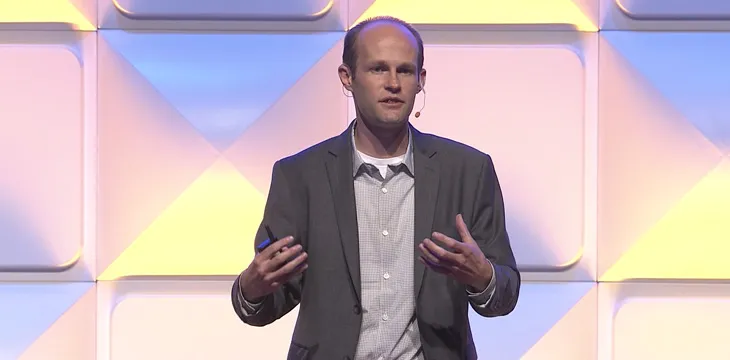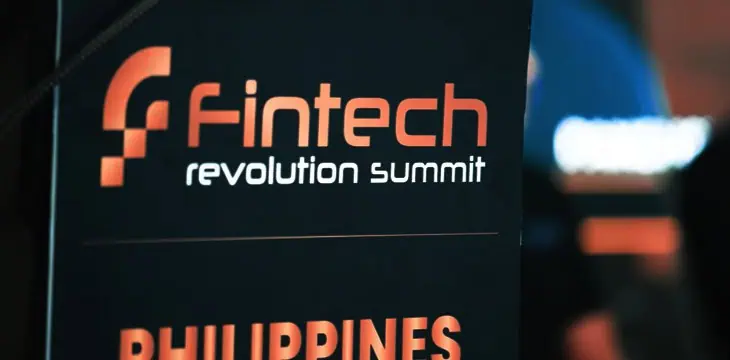|
Getting your Trinity Audio player ready...
|
https://www.youtube.com/watch?v=EJwCslKtqzE&feature=youtu.be
Digital Rights Management is a key technology that will be heavily impacted by the rise of the Bitcoin SV (BSV) powered Metanet. One of the key movers in this space is Money Button’s CEO Ryan X Charles, who spoke on the topic at the recent CoinGeek Toronto 2019 scaling conference.
Content creators have had difficulty monetizing their content properly since the dawn of the modern Internet. That’s just unfair for these artists and developers. “If you are someone who is a creator or something like that, you really should have the ability to license and contract information however you chose,” Charles noted. “Sometimes, things should cost money. And you decide as the creator, and Bitcoin enables us to basically fill in that missing piece of the Internet.” (0:40)
To explain the problem, Charles dove into the Digital Rights Management (DRM) problems of video game sales. Because software has been often easy to pirate, games distributions have put increasingly onerous DRM software on their products, sometimes forcing offline single player focused games to perform DRM checks before allowing the consumer to play. That doesn’t work for either the games developer or the consumer in the long run.
This can be aided by handling licensing on the blockchain, where licenses can be contracted out in ways that are agreeable to both the vendor and buyer. “What it is, is it’s you have the ability to license your content, your material, however you want to,” he explained. “And people that consume this stuff have the right to basically decide what they’re willing to agree to.” (5:15)
This is made possible on the BSV blockchain because of its massively scaling block sizes. Games sales, and games licensing, can both be handled at scale.
What’s great is that because of easy to use onboarding wallets like Money Button, users can purchase products and sign contracts in a very intuitive way. “Instead of signing a contract on paper or doing it on DocuSign or something like that, you’re using the blockchain for all of these things,” he said. “You’re swiping Money Button to sign, encrypt things, all that stuff doesn’t matter. All that matters is, the user understands what they’re agreeing to, and you agree, you swipe Money Button. Everything goes on chain.” (9:02)
Paymail, the latest big development from the Money Button team and greater Bitcoin community, also goes a long way to helping solve this issue. As it allows content creators and consumers to create both a payment method and provable identity system, it allows products to be easily digitally signed and distributed in a way that’s very intuitive. “You actually own your data,” Charles proudly beamed. (10:42)
The Metanet goes a long way in correcting problems that have plagued commerce for decades now. Because it allows a more intuitive and comprehensive management of the entire process, it breaks down barriers that have only been created because there was no better way until now. “All of these weird inefficiencies go away when basically users have their keys, and you can just start building protocols that solve every one of these problems,” Charles concluded. (11:31)

 07-12-2025
07-12-2025 





